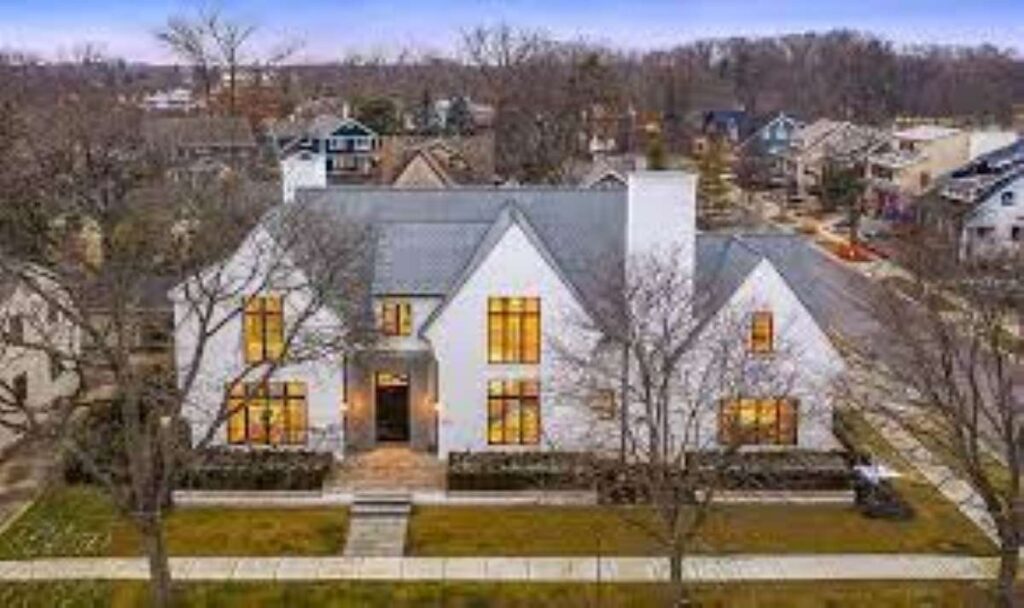
According to a new study, more than 6 million homeowners nationwide do not have homeowners insurance. This leaves them at extreme risk in the event of natural disasters or other significant damage to their homes.
A Consumer Federation of America study claims that uninsured property accounts for 7.4% of all properties in the country. This leaves $1.6 trillion in property value without protection.
“Being uninsured poses a potential threat not only to individual homeowners but also to communities and our national housing stock,” the Consumer Federation of America said in “EXPOSED: A Report on 1.6 Trillion Dollars of Uninsured American Homes.”
“Being uninsured can foster deeper economic precarity for millions of homeowners across the country, especially those with lower incomes. And it is an important contributor to racial inequality,” the report said.
ALSO READ: Former Wall Street Banker Challenges Ocasio-Cortez in Democratic Primary
“Inequalities in who has homeowners insurance will likely widen the long-standing racial wealth gap, as uninsurance disproportionately impacts Hispanic, Black, and Native American homeowners,” it continues. “Over time, insurance access is likely to become a key decider of who can fully reap the benefits of homeownership, including maintaining their home and building wealth.”
Findings in the study, which was an analysis of 2021 American Housing Survey data from the U.S. Census Bureau, include:
- One in 13 American homeowners are uninsured – approximately 7.4% – living in about 6.1 million homes.
- Specific demographics of homeowners are disproportionately at risk as they have no insurance.
- 35% of owners of manufactured homes and 29% of homeowners who inherited their homes don’t have coverage.
- People living in the metropolitan areas of Houston and Miami. As well as, homeowners in Mississippi, New Mexico, and Louisiana are most likely not to have insurance.
- In 2021, homes with an estimated $1.6 trillion in property value lacked coverage.
POLL—Should the Government Increase Taxes on the Wealthy To Reduce Economic Inequality?
“Many consumers are struggling to afford rising premiums and must go without homeowners insurance,” said Sharon Cornelissen, the Consumer Federation of America’s director of housing and co-author of the report. “That puts them at risk of losing everything. One storm or wildfire means they have to go into deep financial debt to repair their home, live with unsafe and inadequate housing, or even become homeless.”
The Consumer Federation of America made several recommendations in its report. They include:
ALSO READ: Legal Experts Condemn Trump’s New Hush-Money Trial Defense, Say It’s “Laughable”
- State insurance regulators need to collect more data to track homeowners’ insurance gaps and inequalities in insurance markets.
- States and the federal government need to substantially increase investments in community risk reduction, home fortification, and loss mitigation. They also need to develop strategies to reduce insurers’ overreliance on unregulated, global reinsurance.
- Regulators need to collect more information about racial homeowner insurance gaps and conduct more research. They can also use existing Fair Housing laws to investigate.
You Might Also Like:
Black, Deaf Google Worker Sues Tech Giant for Discrimination
Authorities Report Three Separate Shootings Within 1 Hour in Jacksonville Beach
Experts Claim Judge Arrived at DA Fani Willis Ruling Through Unproven Claims
Christine Blasey Ford Tells Her Story in New Memoir
President Joe Biden Signs Executive Order To Expand Women’s Health Research
